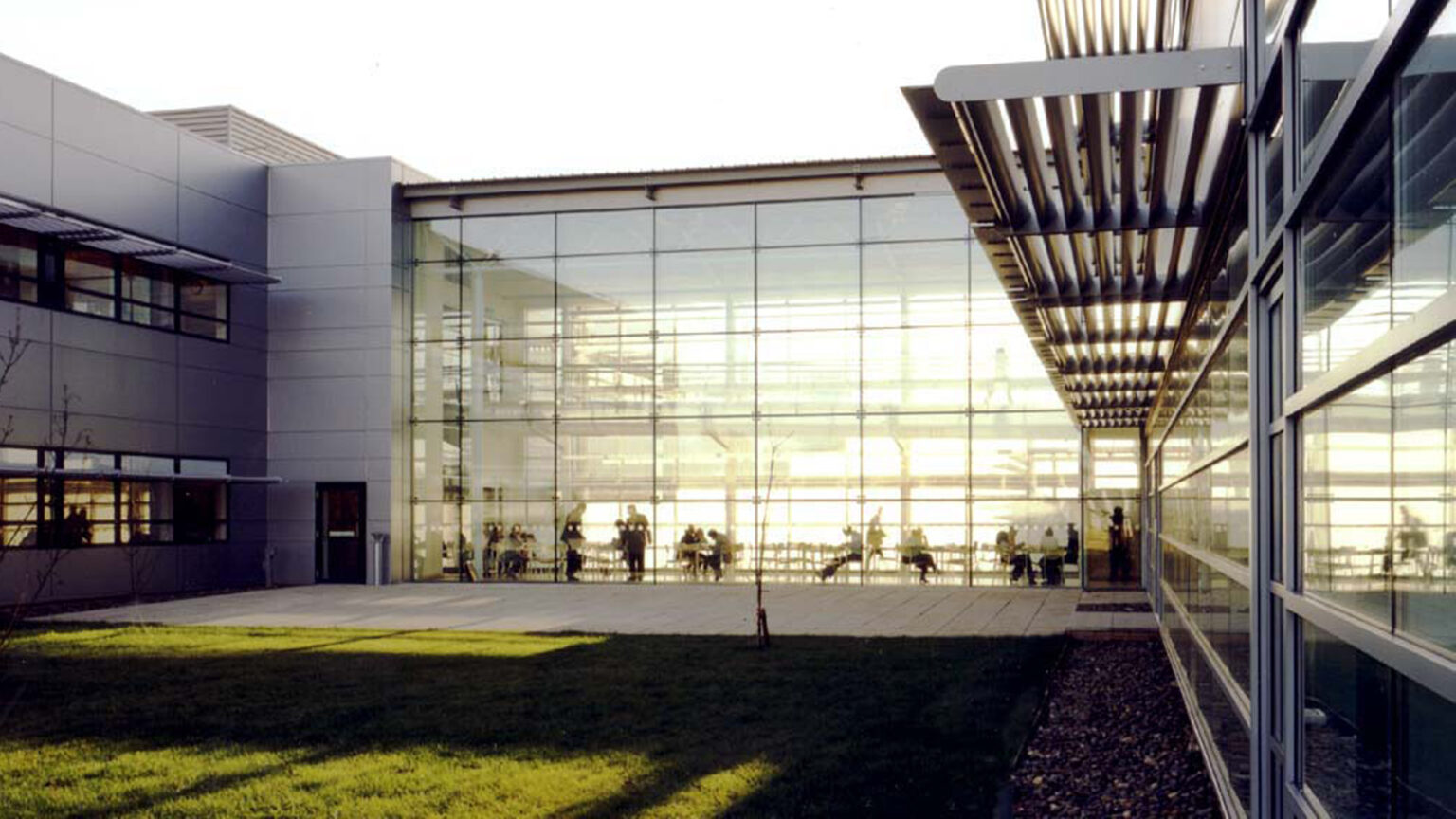Table of Contents
Introduction
In the realm of biotechnology and pharmaceuticals, innovation has long been the driving force behind groundbreaking discoveries and life-changing advancements. Among the trailblazers in this field stands Cambridge Antibody Technology (CAT), a pioneering company renowned for its contributions to the development of therapeutic antibodies. With a legacy spanning decades and a commitment to scientific excellence, CAT has revolutionized the landscape of drug discovery and played a pivotal role in shaping the future of medicine.
Origins and Vision
Founded in 1989 as a spin-off from the University of Cambridge, CAT emerged from the visionary efforts of a group of scientists determined to harness the power of monoclonal antibodies for therapeutic purposes. At its inception, the company set out with a bold mission: to leverage cutting-edge technologies and innovative approaches to create novel antibody-based therapies targeting a wide range of diseases and medical conditions.
Key Milestones and Innovations
From its earliest days, CAT distinguished itself through a series of landmark achievements and groundbreaking innovations. One of its most notable accomplishments was the development of phage display technology, a revolutionary method for isolating and engineering antibodies with high specificity and affinity. This breakthrough not only paved the way for the rapid identification of therapeutic antibody candidates but also facilitated the creation of fully human antibodies, thereby minimising the risk of immunogenicity and enhancing safety and efficacy.
Building upon this foundation, CAT went on to pioneer the development of a diverse portfolio of antibody-based therapies spanning multiple therapeutic areas. From oncology and autoimmune disorders to infectious diseases and inflammatory conditions, CAT’s pipeline of innovative drug candidates offered hope for patients facing unmet medical needs. Among its notable successes was the creation of Humira, a blockbuster anti-TNF antibody used to treat rheumatoid arthritis, psoriasis, and other autoimmune diseases, which became one of the best-selling drugs in the world.
Moreover, CAT’s contributions extended beyond the realm of therapeutics, encompassing diagnostic applications, research tools, and platform technologies. Its proprietary antibody engineering platforms, including phage display and antibody humanization techniques, became indispensable tools for researchers and pharmaceutical companies worldwide, facilitating the discovery and development of new drugs and diagnostics.
Collaborations and Partnerships
Central to CAT’s success was its collaborative approach to drug discovery and development. Recognizing the complexity and scale of biomedical research, CAT forged strategic partnerships with leading pharmaceutical companies, academic institutions, and biotechnology firms to accelerate the translation of scientific discoveries into tangible therapeutic solutions. These collaborations not only provided access to resources, expertise, and funding but also enabled CAT to leverage complementary capabilities and perspectives, fostering a culture of innovation and collaboration.
One of CAT’s most notable collaborations was its partnership with Abbott Laboratories (now AbbVie) for the development of Humira. Through a joint effort spanning several years, CAT and Abbott successfully navigated the challenges of drug development, from preclinical research and clinical trials to regulatory approval and commercialization. The result was a transformative therapy that revolutionised the treatment of autoimmune diseases and significantly improved the lives of millions of patients worldwide.
Legacy and Impact
As CAT’s legacy continues to endure, its impact on the field of biotechnology and pharmaceuticals remains profound. Through its pioneering research, innovative technologies, and strategic collaborations, CAT has left an indelible mark on the landscape of drug discovery and development, paving the way for a new era of targeted therapies and personalised medicine. Its contributions have not only saved lives and alleviate suffering but also inspired generations of scientists and entrepreneurs to push the boundaries of innovation and pursue bold ideas that have the potential to change the world.
Looking Ahead
Though CAT’s journey may have come to an end following its acquisition by AstraZeneca in 2006, its spirit of innovation and commitment to scientific excellence live on. As the field of biotechnology continues to evolve, new challenges and opportunities emerge, presenting fresh avenues for exploration and discovery. The legacy of CAT serves as a testament to the power of visionary thinking, perseverance, and collaboration in driving meaningful progress and transforming the future of healthcare.
Conclusion
Cambridge Antibody Technology stands as a beacon of innovation and excellence in the field of biotechnology. From its humble beginnings as a spin-off from the University of Cambridge to its status as a global leader in antibody therapeutics, CAT’s journey exemplifies the transformative potential of scientific discovery and entrepreneurial spirit. As we reflect on its legacy, we are reminded of the profound impact that visionary individuals and pioneering companies can have on the world, inspiring us to continue pushing the boundaries of knowledge and imagination in pursuit of a healthier, more prosperous future.
For More Information Please Visit These Websites Viprow And Vecteezy

